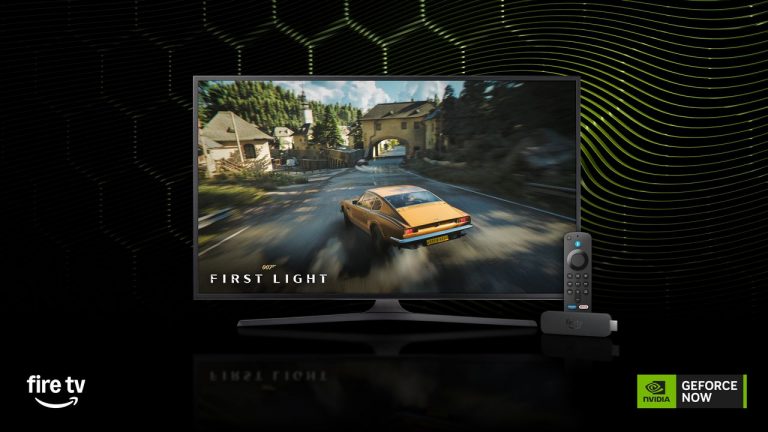Blimey, I remember when a 120 Hz refresh rate was fast. These days, seems like ridiculous stacks of Hertz upon Hertz aren’t enough for some, and manufacturers are diligently squeezing every last drop of performance from panel technologies for their gaming monitors. For Acer, that means going all the way up to 600 Hz.
In a continuation of this Hertz-stacking zeitgeist, Acer’s just launched a 600 Hz monitor, the 24-inch, 1080p Nitro XV240 F6. That’s faster than any (non-modded) monitor in mass production to date.
Acer says, “The 24-inch Nitro XV240 F6 is an FHD-resolution monitor with a blazing 600 Hz refresh rate and up to a 0.1 ms G-to-G response time, making it among the fastest gaming displays currently available. It boasts a VESA DisplayHDR™ 400 certification and supports 95% coverage of the DCI-P3 color gamut to ensure stunning brightness and color reproduction.”
Of course, we’re talking about a TN panel here, which means you won’t get all the lovely colour reproduction of an IPS or the dark blacks and vivid colours of a VA. It’s 1080p, too, which even today’s luddites should recognise is somewhat behind the times.
But there have to be trade-offs when you’re going for such a high refresh rate. You can’t have it all (yet).
I suppose the question is why you’d want to make these sacrifices. I’ve never laid eyes on a 600 Hz monitor—nor a 540 Hz one, for that matter—but I can’t help but imagine such a high refresh rate will be complete overkill even for competitive gaming.
Then again, perhaps such a comment will age like fine milk, and in a decade we’ll all be speaking in MHz rather than Hz, championing the latest 2,000 Hz / 2 MHz displays. Perhaps monitors like this Acer one will seem quaint in comparison.












